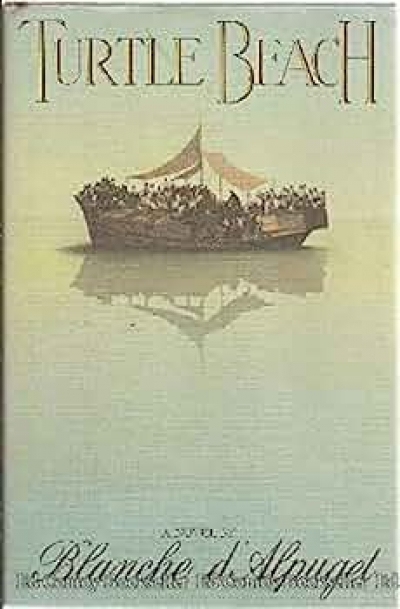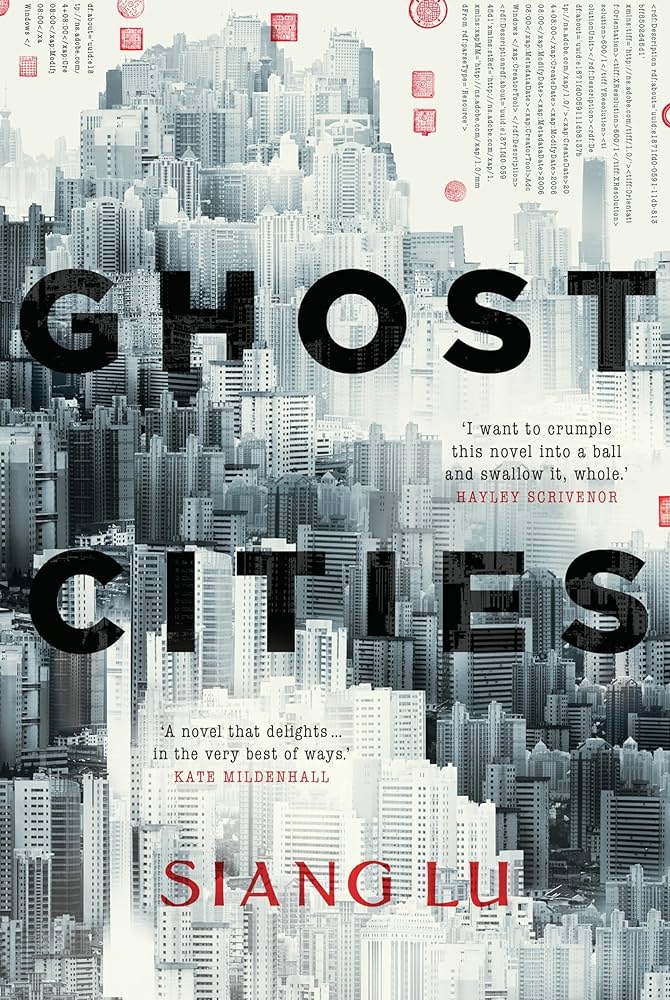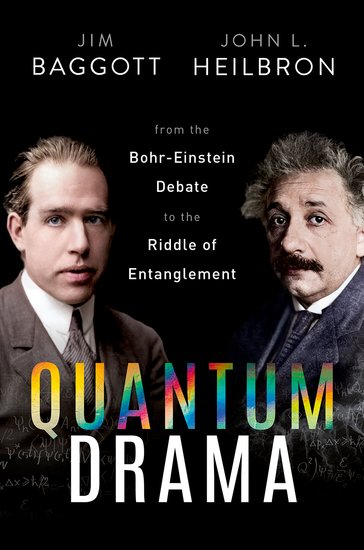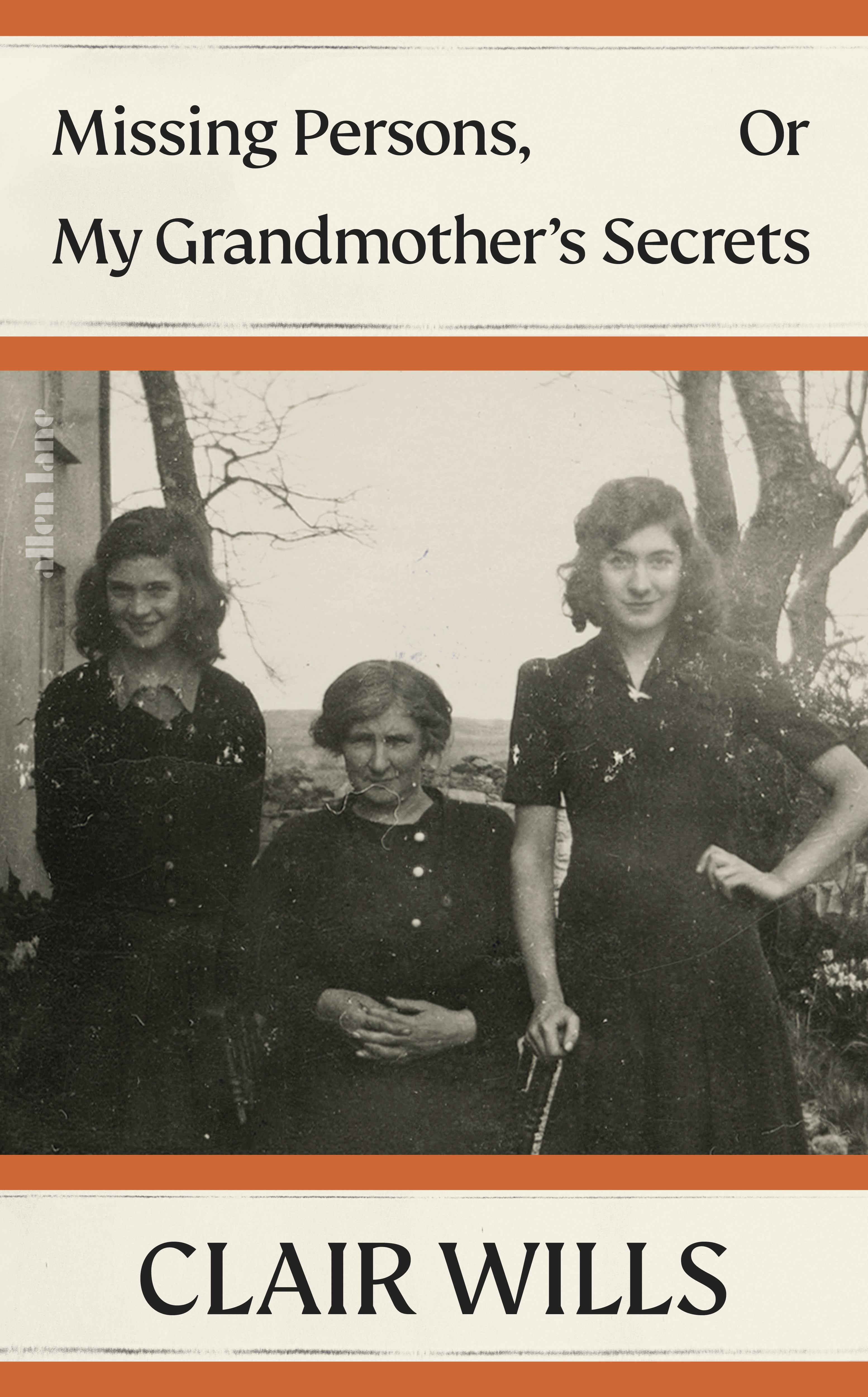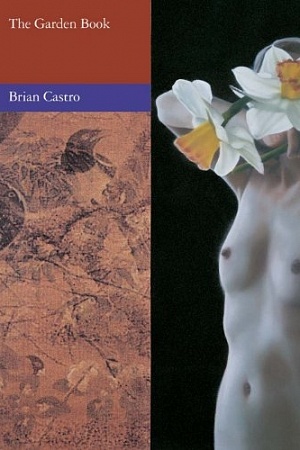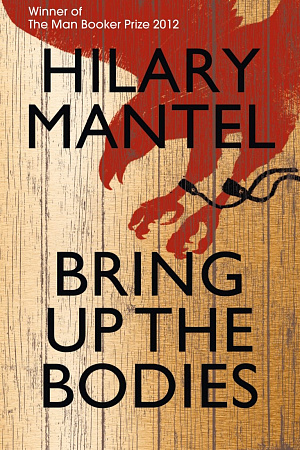Turtle Beach
Penguin, $ 3.95 pb, 287 pp
The University of Oppression
Dust jacket blurbs are usually misleading, but at least one point made by the back cover of Blanche d’Alpuget’s new novel, Turtle Beach, is authentic. It refers to the ‘Graham Greene sense of inevitability’ of the events of the work. As an admirer of Greene, especially in his Third World novels, I can confidently recommend Turtle Beach as a worthy successor to such socially important novels as The Quiet American and The Comedians. D’Alpuget has the same keen sense of the inadequacies, irrelevance and wrongheadedness of Western involvement in the East, the same wryly ironic depiction of the frailty of human nature regardless of class, colour, creed or sex.
Turtle Beach takes its title from the famous Malaysian beach where each year giant turtles come to breed, watched by European, American and Australian tourists, and are plundered of their eggs by the local villagers. It is here that the French-Indonesian Minou, second wife of Sir Adrian Hobday, the Australian Ambassador, commits her final act of social indiscretion – suicide – for her own and her people’s integrity. She is accompanied to the beach by Judith Wilkes, an Australian journalist, and Kanan, Hindu academic and impassive observer of the universe and its teeming, troubled people.
Continue reading for only $10 per month. Subscribe and gain full access to Australian Book Review. Already a subscriber? Sign in. If you need assistance, feel free to contact us.
